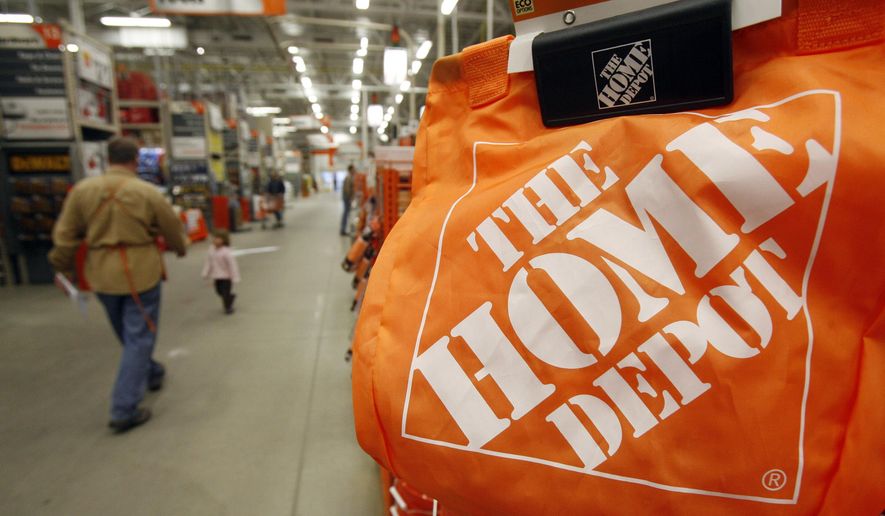Some lenders are preparing to reissue credit or debit cards to customers to head off possible losses following the breach of customer data at Home Depot.
Capital One Financial and JPMorgan Chase & Co. said Wednesday they are preparing to assign new cards to accountholders due to the data theft at the home-improvement retailer.
Earlier this month, Home Depot confirmed that malicious software lurking in its check-out terminals between April and September affected 56 million debit and credit cards. Target, Michaels and Neiman Marcus also have been attacked by hackers in the past year.
While lenders often will issue customers a card after it’s been lost, stolen or used to make an unauthorized purchase, Capital One and JPMorgan are taking action based merely on whether accounts may be compromised.
Capital One, which issues debit cards in addition to its namesake credit card, is preparing to do a proactive, “mass reissue” of credit and debit cards on accounts that it believes are at risk due to the Home Depot data breach, said spokeswoman Pam Girardo.
She declined to say how many accountholders would be receiving new cards, but added that the lender also reissues cards once it detects fraudulent activity.
JPMorgan Chase & Co. began notifying some of its customers last week to expect new cards, said Chase spokesman Edward Kozmor.
In one of the notices Chase sent to customers with a United-brand card, the bank said it would be reissuing their cards because the security breach at Home Depot “may have put their United card at risk.”
The note told customers that Chase would be mailing out their new cards at the end of this month.
In the meantime, Chase is advising cardholders to keep their current cards and monitor their accounts for any purchases they don’t recognize.
Other major card issuers are taking a different approach.
American Express has beefed up its fraud monitoring on accounts that may have been affected by the breach. If the company confirms fraudulent activity on an account, it will immediately replace the card, said Amelia Woltering, a spokeswoman at American Express.
Bank of America is also monitoring accounts for fraud and, if it believes a customer’s account is at risk, it will reissue the card, said spokeswoman Betty Riess.
Philip Tschudy, a spokesman at CUNA Mutual Group, which insures credit unions against card fraud losses, said many credit unions are blocking and reissuing cards in the wake of the Home Depot data theft as a precautionary measure to prevent fraudulent transactions.
Among the bank customers who have had to be issued a new debit card recently due to fraud risk is Beverly Blough of Belpre, Ohio.
Blough, a retired dietitian, was notified by her small community bank a few weeks ago that her debit card was compromised and needed to be replaced.
There weren’t any unexpected charges on her account, though. And the lender didn’t say specifically whether her card was snared in the Home Depot hack.
Despite the risks, Blough said she’s not changing where or how she uses her debit card.
“I continue to shop at Home Depot and use my new debit card,” she said. “I’m just going to be cautious and vigilant.”




Please read our comment policy before commenting.